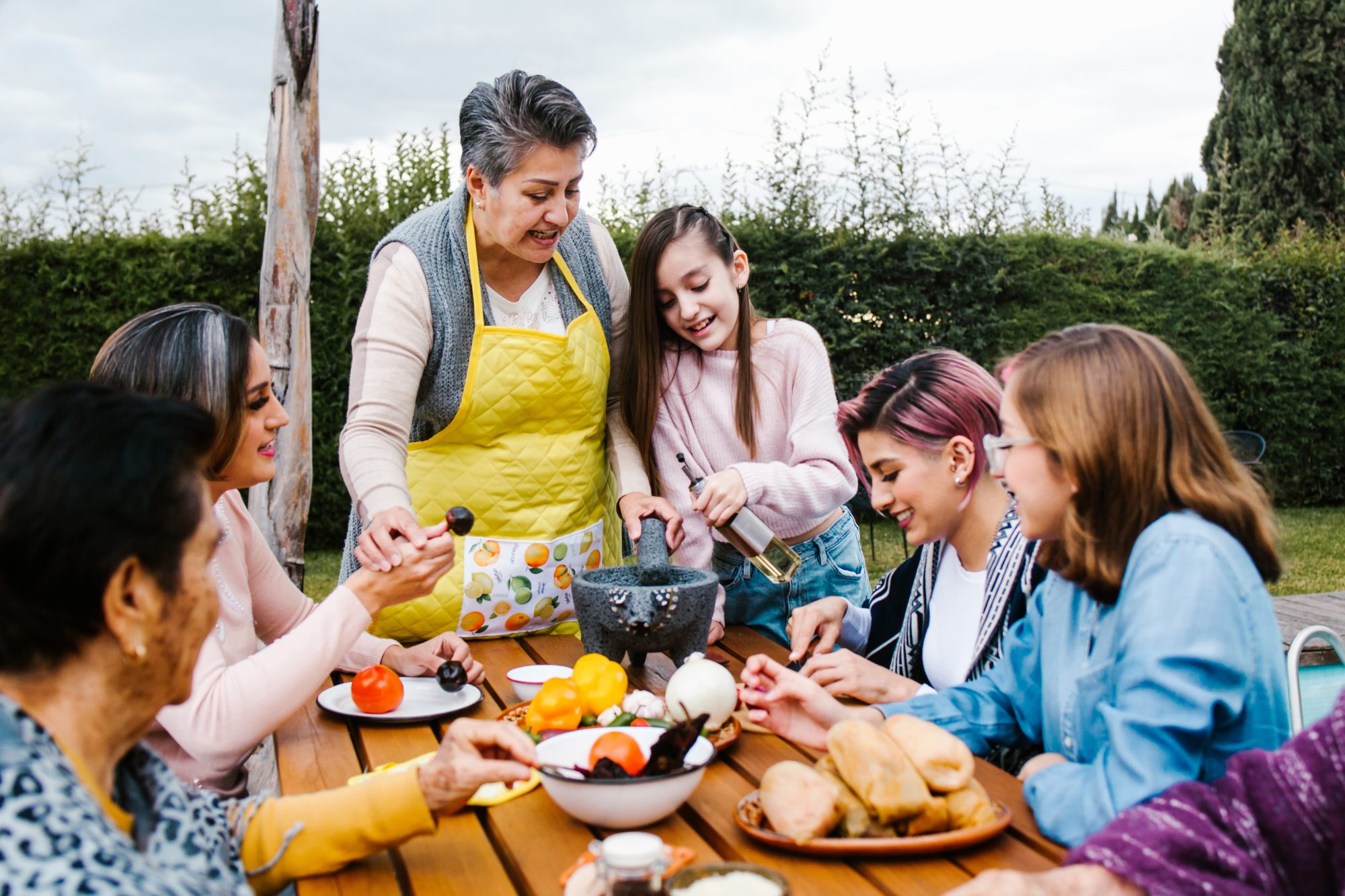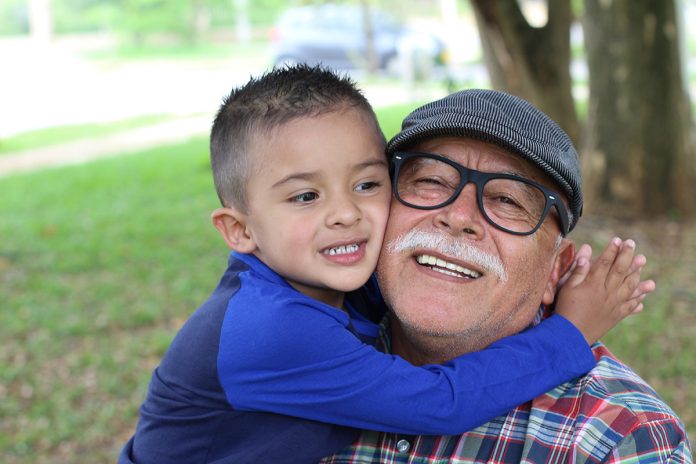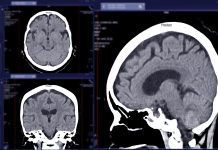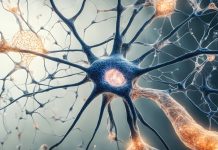Dr Lynn Woods, Professor in the Department of Doctoral Programs, School of Nursing, Azusa Pacific University, provides further analysis of Latinx & dementia, including systems of healing & the challenge of behavioural symptoms
Latinx have a higher probability of developing dementia than both African-Americans and non-Latino Whites, as well as a higher likelihood of behavioural symptoms of dementia (BSD) and/or affective neuropsychiatric symptoms of dementia (NPSD). Specific symptoms can include depression and anxiety, 25% compared to 16% in their Non-Hispanic counterparts. These higher rates of symptoms further complicate dementia care.
On the other hand, these symptoms indicate that more tailored support for caregiving and intervention is needed. Cultural and ethnic considerations influence the interpretation of behaviours. The concept of respeto, having a deferential manner toward Latinx elders, may in part delay the recognition and acknowledgement of BSD. Given that many Latinx retain original cultural practices, they may not recognise BSD or seek assistance for these challenging behaviours.
Latinx & dementia: Systems of healing
Overall, Latinxs are more likely to be cared for by family members when faced with dementia, potentially turning to traditional folk healing before reaching outside the family. These folk healing systems broadly include: (a) a sense that the cause of an illness is external to the individual and is spiritual in nature [God’s will, el mal ojo (the evil eye)]; (b) that the group participates in the healing of an individual, often treated within the family and community; and (c) that morality functions as a cause and path for recovery, integral to healing and the healing process which depends primarily on non-verbal and symbolic interaction. These systems of healing do not separate mind-body, a separation frequently found in Western concepts of healing.
Three main healing systems exist within the Hispanic/Latino community in the United States: espiritismo (spiritism) associated with Puerto Ricans, Santería associated with Cubans, and curanderismo associated with Mexican and Latin American communities. These systems derive from a synthesis of beliefs and practices related to neocolonial history: espiritismo (spiritism) is the synthesis of French European and Afro-Caribbean traditions, Santería from Catholicism and West African traditions, and curanderismo from Catholicism and Mexican Indigenous traditions.
Latinx caregivers seek help from practitioners of folk and traditional healing, as well as from Western biomedicine, decisions related to caregiver education and income. Folk and traditional healers tend to view dementia from a holistic perspective, an imbalance between the individual and their cosmos. The curanderas (healers) tend to incorporate Western biomedicine and traditional healing when providing treatment. In espiritismo (Spiritism), the healer focuses on restoring balance with the spiritual realm by communing with spirit guides and the use of image and metaphor. Several physicians who treat Latinx individuals, encourage their patients to use folk and traditional healing, in conjunction with Western biomedicine. Consistent with Latinx traditions is the notion that illness is a result of being “out of balance,” i.e., within the individual vis-à-vis within the cosmos; thus, healing occurs when harmony and balance is restored, Espiritismo. These approaches to care are embedded in deeply held belief systems, bringing a holistic perspective to healing.

Challenge of behavioural symptoms
Behavioural symptoms are challenging. Knowing what to do and how to help presents several dilemmas. Latino families tend to prefer home-based and/or community-based care and may be likely to perceive BSD as a normal part of ageing; however, they also can experience high levels of distress and behavioural difficulties. Rather than allowing problems to increase in severity, community
outreach, education, and support early on in the journey can prevent catastrophic consequences. If from the onset, an understanding of the reason for the behaviours is acknowledged, caregiver responses can be more timely and helpful. It is often, when common behavioural problems overwhelm their family resources, that Latino families may be willing to explore other options and accept assistance from the larger community while maintaining care at home with help.
Non-pharmacological interventions
Multifactorial- interventions that are culturally sensitive and tailored to the person with dementia, caregivers and the environment show the best outcomes for decreasing BSD and improving caregiver negative responses and stress.
Non-pharmacological interventions such as individualised music, aromatherapy, therapeutic touch, pleasant activities all show a decrease in BSD in persons with dementia.
Tailored interventions that help the caregiver develop strategies for problem-solving are critical; that is, helping caregivers identify and address modifiable factors related to BSD. Some examples are unmet needs, sensory deficits such as hunger, fear, and need for eyeglasses or hearing aids, environmental issues such as noise, a change in routine, maintaining the familiar, and increasing targeted engagement. Several strategies include education and support, stress management skills, and problem-solving that caregivers can learn to alleviate BSD. Others include improving communication, reducing the complexity of the environment, and simplifying tasks for the person with dementia. There is strong support for multiple-component interventions, as they appear to provide significant benefits to caregivers.
Pharmacological interventions
Psychotropic drugs, such as antidepressants, antipsychotics, and sedative-hypnotics, are commonly prescribed for persons with dementia for depression and behavioural disturbances, such as agitation and sleep problems, with suboptimal results. For Latino older adults, of whom up to 63% over the age of 85 experience dementia, the results are less optimal as they are made complicated by ageing changes that affect drug metabolism. Thus, non-pharmacological interventions are preferred.
Additionally, genetic differences linked to ethnicity in addition to ageing changes, affect drug metabolism and must be considered when prescribing. Poorer outcomes are not inevitable if these ethnocultural differences are considered when prescribing medications and assessing a medication’s optimal effect.
Given the high discontinuation rates of pharmacological interventions among Latinos, tailored multicomponent non-pharmacological interventions with follow-up may be especially important for Latino families.
Successful interventions for Latinx & dementia
Community education, emphasising the contributions of folk healing in collaboration with Western medicine has the potential for successful interventions for Latinx persons with dementia and their families.
Please note: This is a commercial profile
© 2019. This work is licensed under CC-BY-NC-ND.








